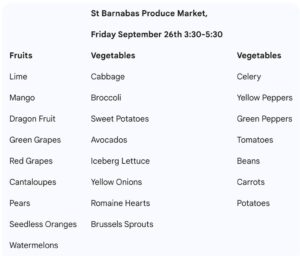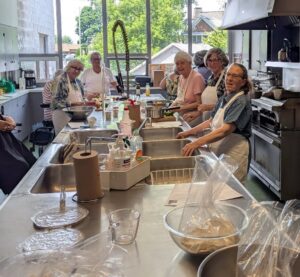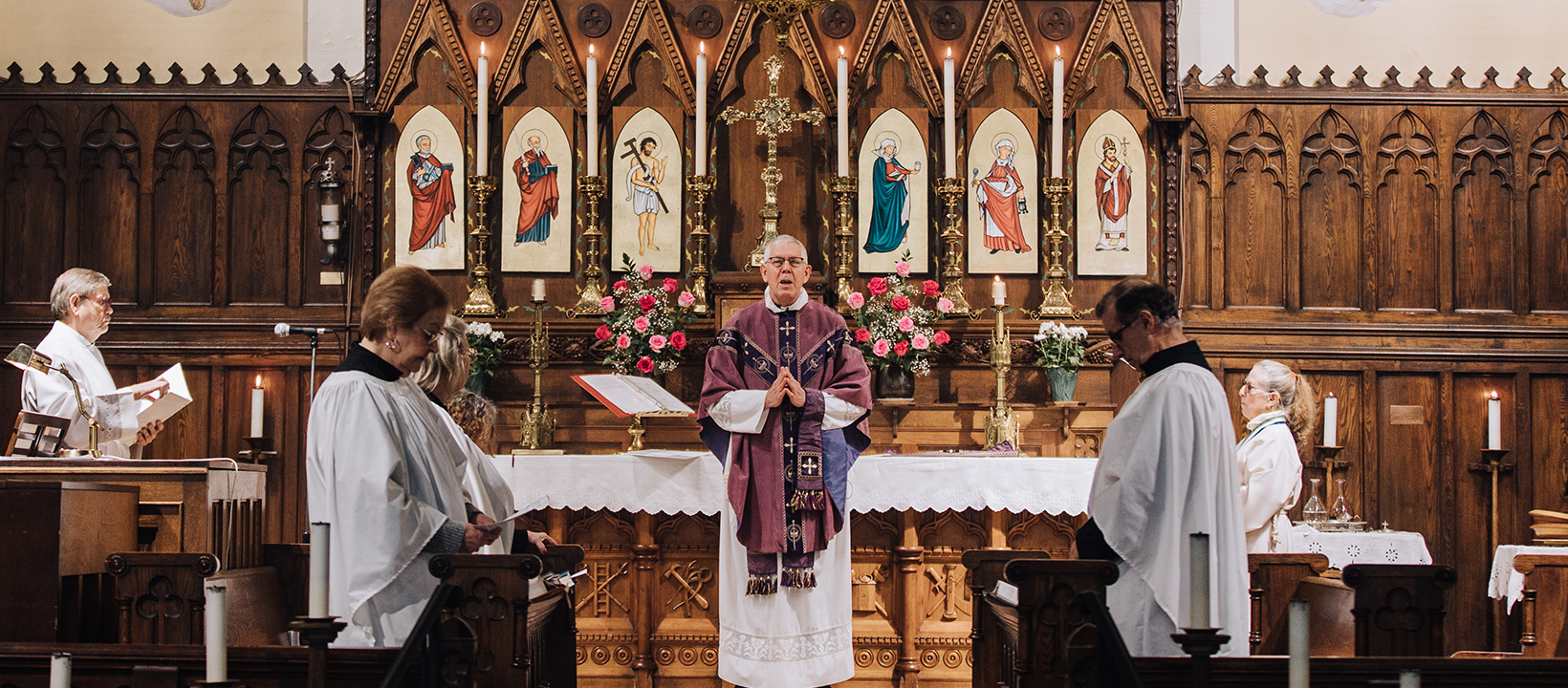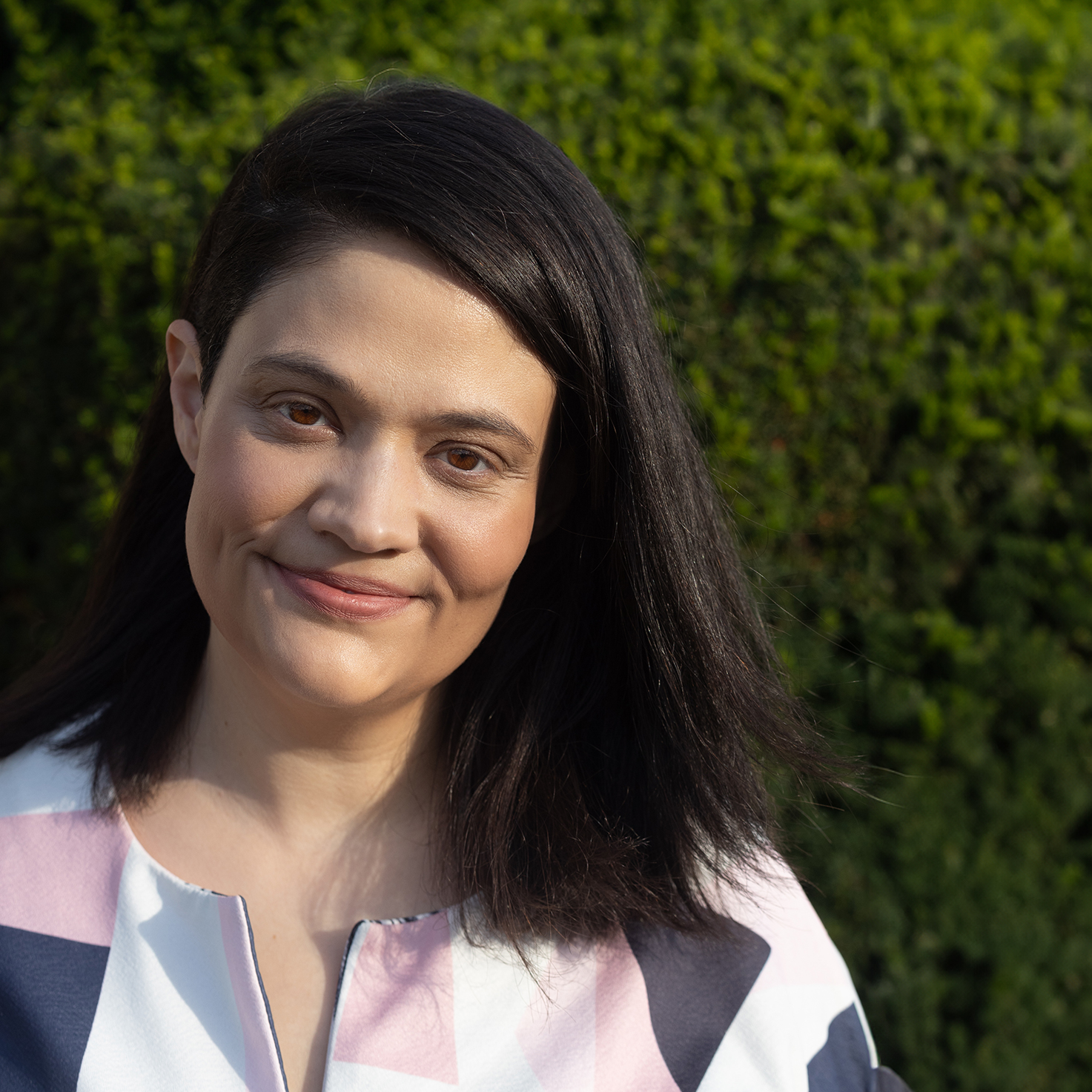The Reverend Michael Mondloch will be retiring on November 23rd, but he leaves St. Barnabas Church well-prepared for a mixed-ecology parish.
Mondloch became rector of St. Barnabas in 2020. The parish, known for its Anglo-Catholic tradition and formal liturgy, had shown interest in reaching out to the community. Mondloch knew this was the ministry he was called to do: connecting beyond the church walls.
“Essentially, for me, a mixed-ecology is a way of reaching out to people who find more traditional church, or the way we’ve been doing church in the Anglican world for a long time, not something that touches them, or moves them, or draws them into the Christian faith and Christian community,” he says. “So, what a mixed ecology does, is it does that, while meeting the kind of spiritual needs of those who find our traditional ways of doing church appealing, while meeting their needs as well.”
He adds, “It’s making real, concerted efforts to reach out to others and getting to know and develop relationships with people who don’t come to the services.”
Mondloch emphasizes that the first step is knowing the people in the parish and the neighbourhood, then building relationships that can later lead to spiritual connection.
His first Sunday at St. Barnabas coincided with church closures for COVID-19, requiring him to find new ways to reach people, even parishioners. Like many clergy, he turned to virtual communications, recording services, and using social media to maintain connections. As restrictions lifted, new faces began coming to church, easing the parish into wider outreach.
“Some describe St. Barnabas as being in the epicentre of the social ills Saint Catharines faces,” he says. “Drug addiction, mental health issues, homelessness, poverty, food insecurity…you name it. It’s in spades in Queenston, and St. Barnabas is right in that neighbourhood.”
Already involved in social justice and outreach in the Greater Saint Catharines area, Mondloch knew many local agencies and brought parishioners along as he expanded initiatives. The parish, long accustomed to hosting self-help and 12-step groups in its halls, began broader community work.

Working with the United Way, St. Barnabas introduced pop-up markets to address food insecurity. “We are scouring sources for fresh produce all week long; a couple of key volunteers have really embraced this,” Mondloch says. The market, now held every Friday, serves 40–50 people with 20–25 varieties of fruits and vegetables.
Another initiative is weekly silent meditation, held on Tuesdays from 6:30 to 7:00 pm. Participants join for 20 minutes of silence, followed by a reading from John Main, then a closing benediction with refreshments. Mondloch notes that the meditation has fostered meaningful conversation and spiritual connection outside the church service.
A third venture, estuaries, is designed to bring a variety of people and perspectives together for conversation. “In nature, estuaries are places where salt water and freshwater sources intermingle. It’s a wild and crazy environment with a lot of mixing of different kinds of plants and animals, and it can change in a hurry. It’s got tides, floods and droughts of all sorts, so it’s a wild mix that’s the natural process,” Mondloch explains. In this context, the gatherings encourage participants to listen and share thoughts, building community and combating loneliness.
St. Barnabas also partners with initiatives such as Dismas Niagara, supporting reintegration for former offenders, and a community kitchen with the United Way, where participants cook meals to take home.
Mondloch acknowledges that creating a mixed-ecology parish takes time and patience. “Those partnerships can be a challenge when you know the church members have been used to being able to come in and out of the kitchen whenever, and now it’s busy with other people here. Space can also be a challenge sometimes, especially figuring out how to manage a space set up for mixed use,” he says.

He also warns against approaching mixed ecology for the wrong reasons. “Going into it with a mindset like ‘this is going to save our parish, or this is going to attract people and they will come to our church services…I mean, that’s the great temptation. It’s the wrong approach,” Mondloch explains. “The mixed ecology offers more landing spots for people who are going through challenging times, that you know, maybe can’t sit through church service, but could sit in silence with a dozen other people. ‘I can help you with that community kitchen, or I’ll drop in on the pop-up market because I like these people.’ It’s just a more holistic approach to the faith.”
A key principle is collaboration. “It’s important to welcome volunteers from outside of the church to support the community kitchen, or the pop-up market, etc., to continue making those connections and building trusting and safe relationships.”
Mondloch reflects, “A mixed-ecology done right is just because it’s the right thing to do, and when you do the right things, good things happen.”
As he retires, Mondloch leaves St. Barnabas grounded in relationships, community, and faith. The parish is ready to continue offering diverse ways for people to connect, inside and outside the church walls, and to live out a ministry that meets people where they are.


The Journey of Light: From New Year to Epiphany